261 SACD / Mare Balticum Vol. 3. Wizlav von Rügen
Description
The modern man seems to have more in common with his middle age ancestors than might be welcome to him. But don't look at this only negatively. There was more than pest and cholera at that time. Volume 3 of the already famous TACET Mare Balticum series pays homage to fairy-tale Wizlav von Rügen. Following his songs the emotional life of that time must have been very similar to ours today. What witty linguistic ideas he was inspired to by love! Sorry for having no photo of him. First complete recording!
4 reviews for 261 SACD / Mare Balticum Vol. 3. Wizlav von Rügen
You must be logged in to post a review.

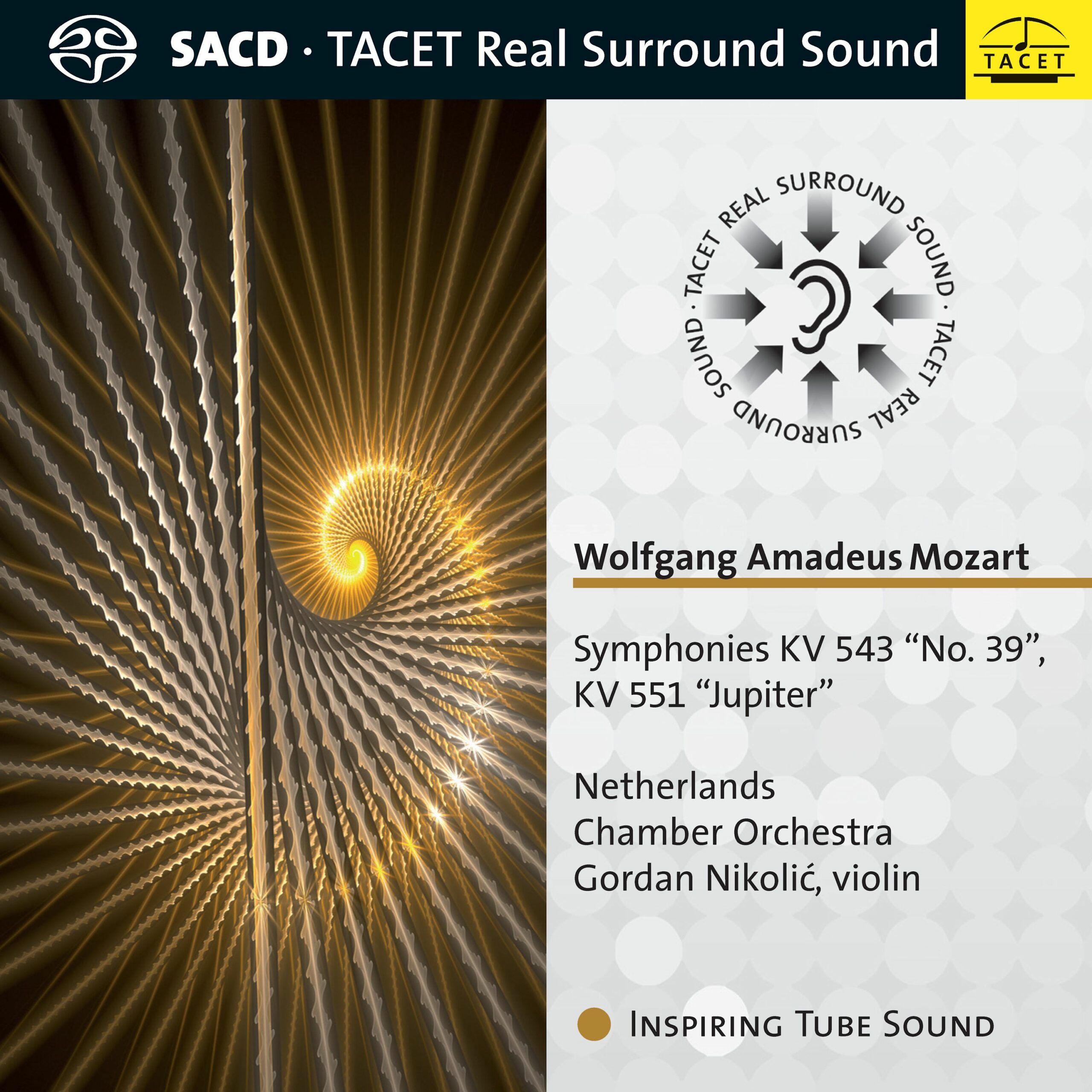
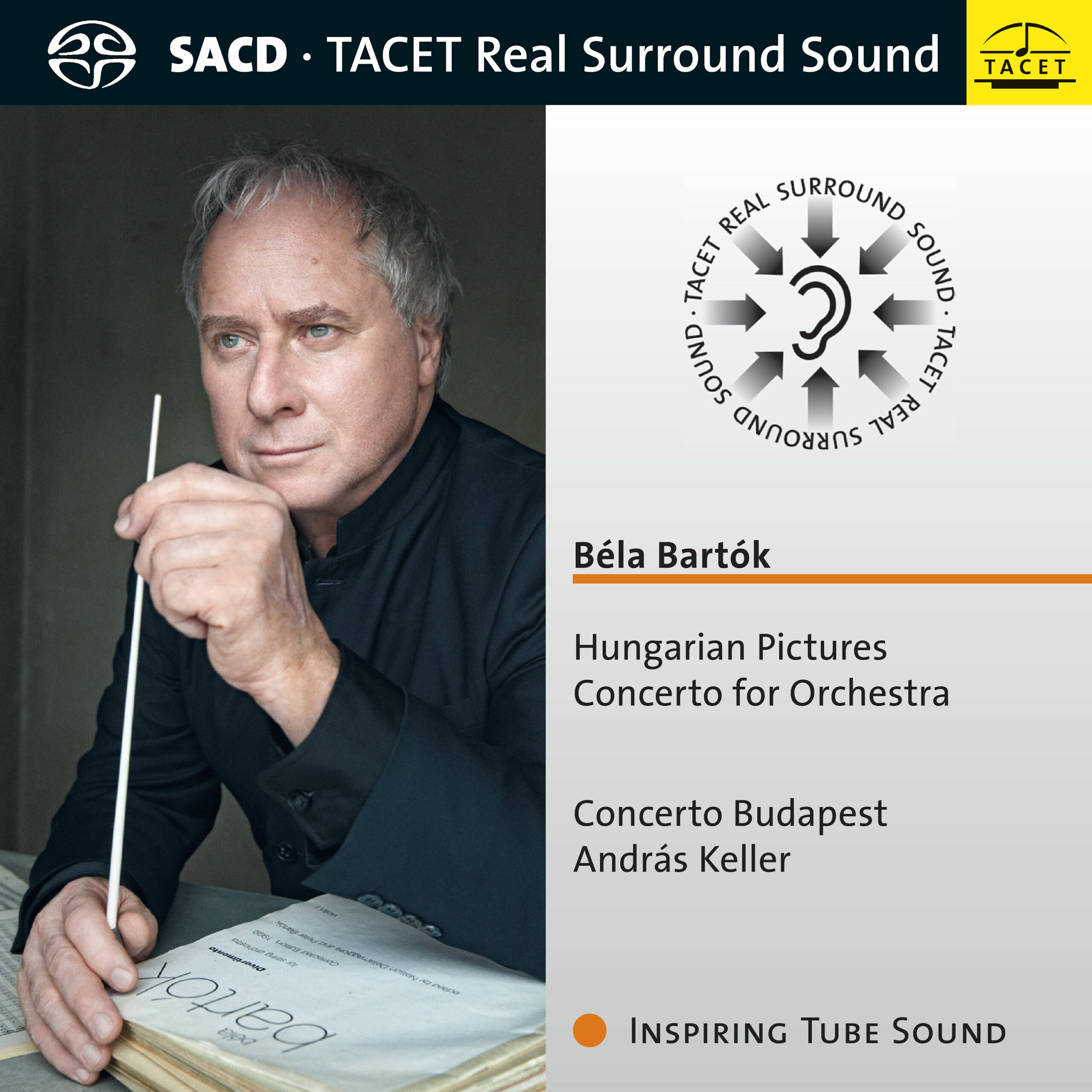
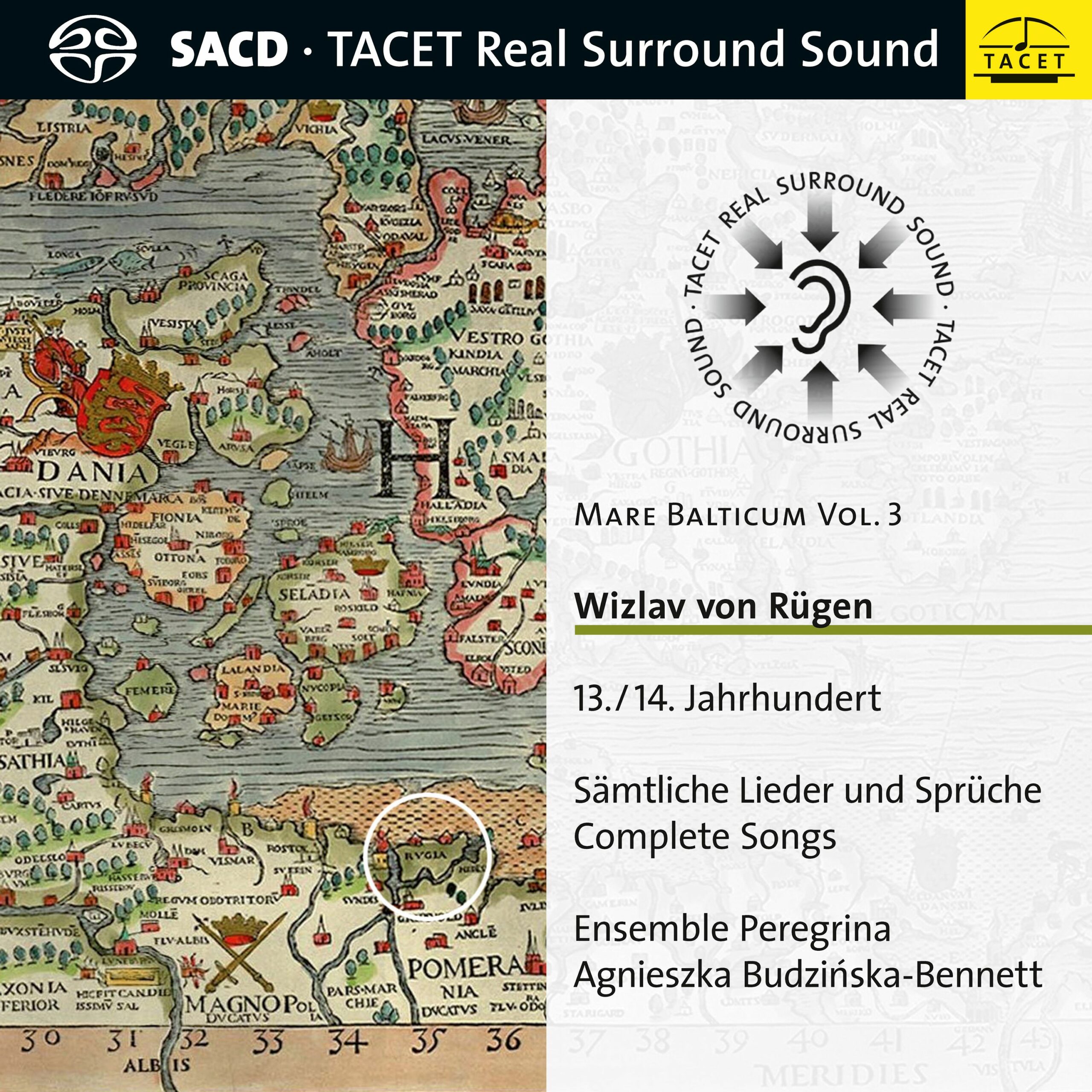
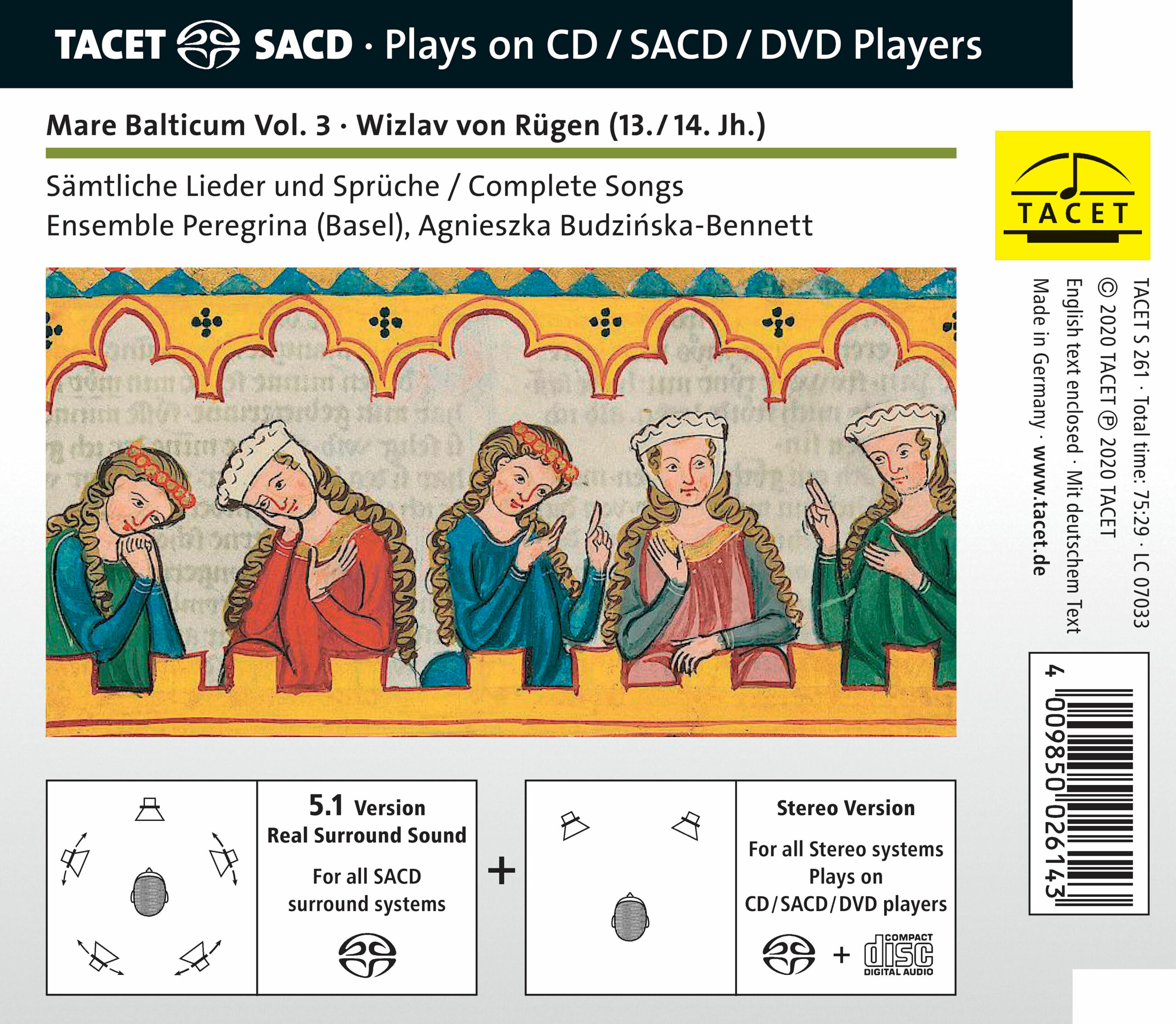
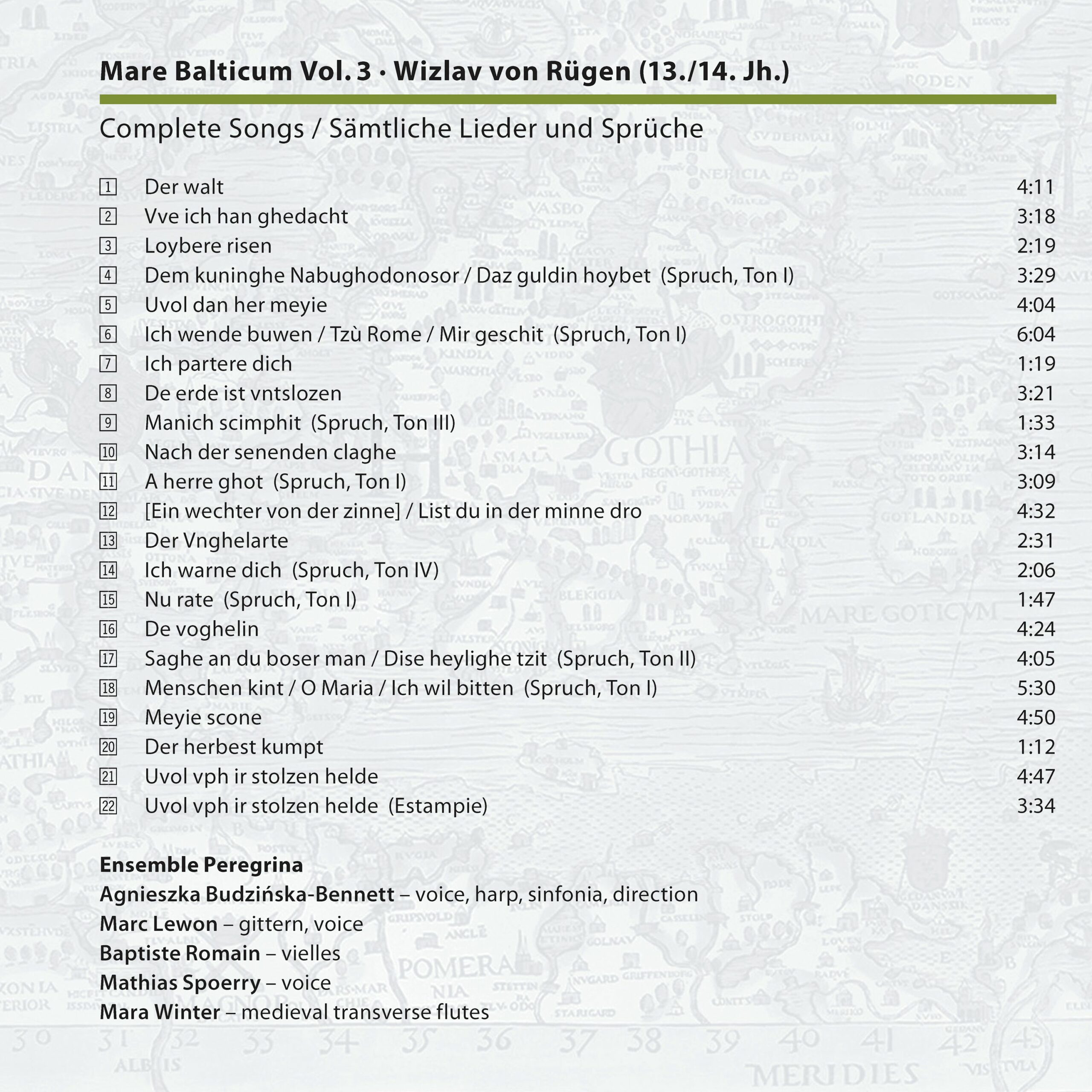



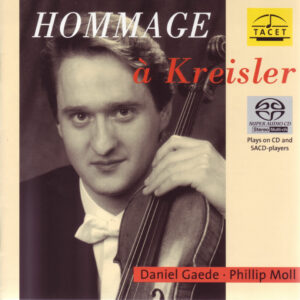
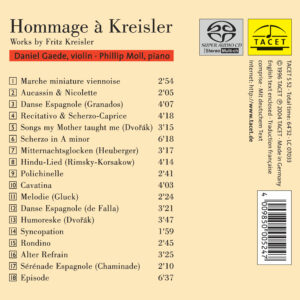
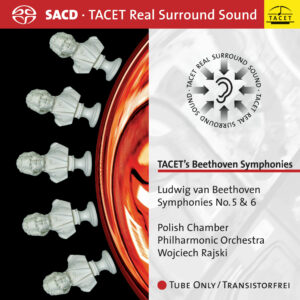
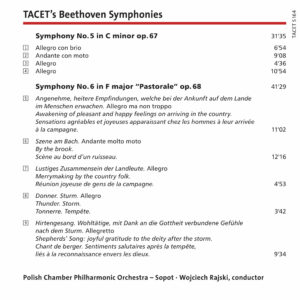
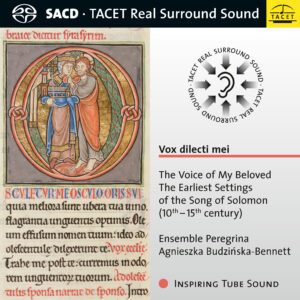
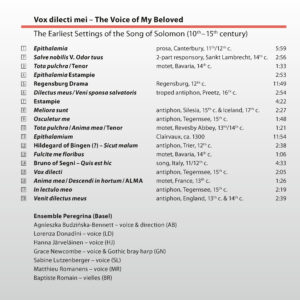
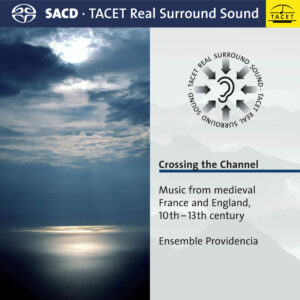
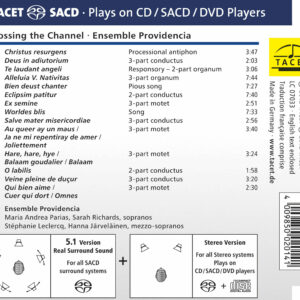
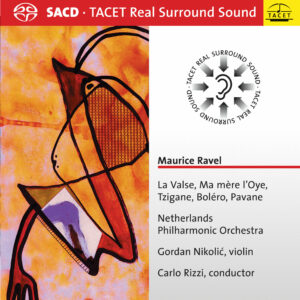
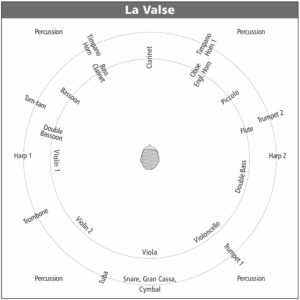
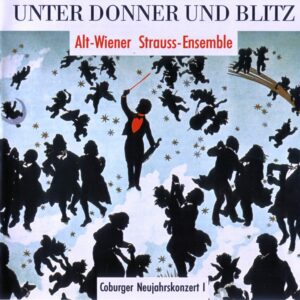
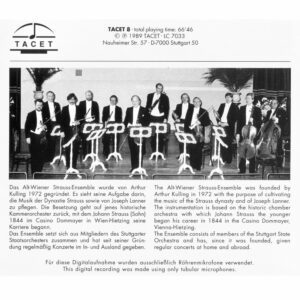
Pizzicato –
–> original review
Tacet continues its successful Mare Balticum series with a recording exclusively dedicated to the work of Wizlav of Rügen. So, we are in the Principality of Rügen, a Danish fiefdom in the Middle Ages and ruled by Wizlav III. Wizlav’s texts are mostly metaphors, secular poems, which always have a religious reference. With their simple but all the more poetic performances the Peregrina Ensemble takes us on a wonderful journey. They sing about life, nature and faith and their clear articulation makes it easy to follow the texts in the booklet.
Nothing in the music is artificial or affected, and everything sounds very authentic.
Guy Engels
SWR2 Kultur –
(...) the ensemble Peregrina succeeds in bringing this medieval music to us in a lively way (...)
Bettina Winkler
Klassik heute –
--> original review
To have heard of Wizlaw von Rügen, it is probably not enough to be a generally trained musicologist, but one should at least have a focus on musical medieval studies. The singsong poet and minnesinger was probably born around 1265 and died in 1325 in Barth near Stralsund. Due to the incomplete sources, it is not even certain whether the author of the songs and sayings attributed to this person is really identical with Wizlaw III, Prince of Rügen.
All this erudition, however, is not needed to enjoy this album, which preserves all of Wizlaw's songs and sayings; it is only recommended to read along with the lyrics and their High German translations. For the total of 22 pieces all live through the musically homey recital of the lyricism with all its laments of love, its reflections on nature, riddles and moral-religious conclusions, the special thing being that the melodies actually come from Wizlaw.
Die drei Sänger des in Basel angesiedelten Ensembles Peregrina, unter ihnen die Ensembleleiterin Agnieszka Budzińska-Bennett, intonieren die Melodien alle mit großer Natürlichkeit, wobei zu fragen wäre, ob es nicht zumindest denkbar ist, dass manche geradezu dramatische inhaltliche Entwicklungen wie die im Lied vom kuninghe Nabughodonosor (dem auch in späteren Bearbeitungen berühmt gewordenen König Nebukadnezar, Tr. 4) einst durchaus auch etwas reißerischer gestaltet wurden. Begleitet werden die Melodien von allerlei mittelalterlichen Saiteninstrumenten, Fidel, Harfe und Lauten, und es ist, wenn man sich als moderner Hörer erst einmal auf die reduzierte Klanglichkeit eingestellt, für sie sensibilisiert hat, geradezu aufregend, wenn sich mehrstimmige Entwicklungen ergeben wie etwa in Ein wechter von der zinne (Ein Wächter rief von der Zinne, Tr. 12) oder Der herbest kumpt (Der Herbst kommt, Tr. 20). Apart sind auch die geradezu modernen Effekte, welche etwa in Uvol dan her meyie (Ja, Herr Mai, Tr. 5) auf der mittelalterlichen Traverse-Flöte produziert werden. Am Ende des Programmes erlebt man in Uvol vph ir stolzen helde (Wohlan, ihr stolzen Helden, Tr. 21) sogar eine mitreißende rhythmische Auflockerung.
The production is, like the first episodes of this series "Mare Balticum", very well equipped with the highly informed text by Meinolf Schumacher and the translated song texts. However, it would have been helpful to get more detailed information, not least German translations, for the instruments listed here in English only, since the instruments of the time were not standardized and therefore the "gitterns", for example, cannot be identified so easily.
Dr. Michael B. Weiß
klassik.com –
--> original review
(...) Another episode of the journey around the Baltic Sea at the turn of the 13th and 14th centuries: To follow the ensemble Peregrina on this is a great pleasure.